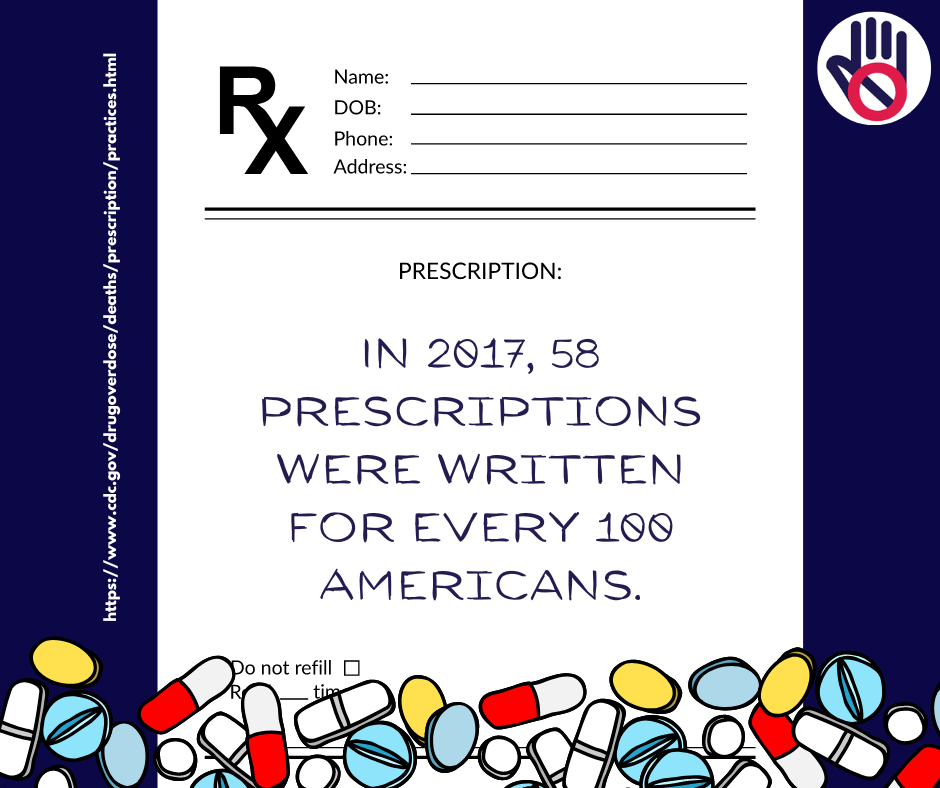Medication-assisted treatment (MAT) is often used to help addicted patients ween off opioids. Medications like Methadone, Buprenorphine and Naltrexone are the typical opioid antagonists prescribed to these individuals struggling with their withdrawal symptoms and cravings. However, even MAT drugs can become addictive since these medications also contain some opioid ingredients. Due to the risk of addiction to these drugs, some patients will choose alternatives such as support groups, therapy, detoxification, and holistic therapies. However, the newest and latest alternative to opioids has become a popular alternative that may have deadly consequences.
Mitragyna Speciosa, also known as kratom, is a plant native to Southeast Asia. When consumed, chemical compounds in the plant produce the same effects as opioids. In fact, studies show the Mu-receptors in the brain that opioids influence are the same Mu-receptors that kratom influences. While studies are still being conducted to identify the adverse effects of kratom, dangerous side effects such as seizures, hallucinations, psychosis and death have been reported.
In 2017, the U.S. Food and Drug Administration (FDA) began to take notice of the kratom overdose deaths and made attempts to regulate it. However, many failures have occurred over the years. In one article written by The Atlanta Journal-Constitution, the Georgia Bureau of Investigation’s chief state medical examiner, Dr. Johnathan Eisenstat, stated that as of November 2016, they had to add kratom to the list of possible drugs in toxicology screenings because 16 overdose deaths occurred within the span of two years (2016 to 2017).
Within the same time-frame, the Centers for Disease Control and Prevention (CDC) conducted a study on kratom overdose deaths. It found that within the span of 17 months and across 27 states, 152 deaths occurred due to kratom use. Of those overdose deaths, 90 percent of those were found to have a history of drug abuse, primarily that of opioids. In fact, the study also stated that kratom overdoses tended to be overlooked because they are counted as opioid overdoses since kratom has the same effects as opioids.
Kratom continues to have a hold on opioid addicts in the state of Georgia. During the 2023 legislative session, Rep. Rick Townsend and the Wetherington Law Firm worked tirelessly to pass H.B. 181, which would have required kratom manufacturers to label their products with serving sizes, raise the age to purchase kratom to 21 and restrict access to the drug by keeping it in areas only employees have access.
“These elixirs are readily available at convenient stores. They have an unknown dosage amount but are sold in mini energy drinks. If these manufacturers continue to sell kratom in this fashion, these overdoses will continue to occur,” Townsend said.
“One of my constituents was addicted to opioids. He got into some halfway house, and they recommended he use kratom to kick his addiction. Well, he got addicted so badly it sent him into psychosis and now he has to stay in a mental health facility. I became highly concerned and knew changes needed to be made in order to save lives. So, I decided to write up a bill and dropped it [into session]. Once the bill started making progress, I reached out to medical experts to help me in my research. Eventually, Attorney Matt Wetherington introduced himself to me and gave me a hand as well,” he said. In this bill, if the manufacturers refused to place the labels on their product, they were to face a high misdemeanor with a fine and 12 months of jail. If they failed a second time, they would then face a felony and be placed in prison.
Wetherington Law Firm attorney Eli Cohen said, “This is the wild wild west of drugs. They need to be reigned in and regulated. When we were on the floor fighting for the bill, when I was asked why we feel these manufacturers should be required to have labels I told them that if these companies continue to deem their products safe, they should put their money where their mouth is and prove it with these labels.”
The bill passed the House of Representatives but was tabled by the Senate.
Cohen continues to fight the war from kratom restriction. Currently, he is working for the family of Ethan Pope, a 25-year-old who overdosed from kratom manufactured by Optimized Plant Mediated Solutions (OPMS).
“This is a complicated case. OPMS is the largest kratom brand; however, it is run by 20 plus entities doing business to keep this thing running. Unfortunately, for the gentleman behind this company, Peyton Shea Palaio, this wouldn’t be his first rodeo when it comes to being sued for wrongful death,” Cohen stated.
In 2012, Palaio was first sued for wrongful death for the passing of 16-year-old Chase Burnett. Burnett’s death caused such an uproar in the Fayette County community that they banned the synthetic pot that Palaio was accused of selling. However, the charges against Palaio were dismissed. According to one of the attorneys that worked on the case with Palaio, the documents provided in the case had shown that someone else was the original source of the drug that took Burnett’s life. Before this current case, Palaio was arrested for possession of heroin and then later arrested for violating his parole.
“The greatest concern should be the fact that there is ease of access to Kratom. Kratom extract can be more potent than natural kratom, yet there’s no need to have a doctor’s written prescription. How does that make any sense? I feel if we continue to emphasize the importance of passing this bill, we could save more lives,” Cohen said.
Townsend agreed, “Passing this bill would mean a lot. It could save lives and protect current addicts. There are always alternatives for those dealing with chronic pain, like chiropractic, that I feel should be emphasized as we push this bill forward in next year’s legislative session.”
Chiropractic is a safe and holistic alternative for those facing chronic pain. Studies have shown that chiropractic care helps patients reduce opioid dosage. So, why use kratom, Methadone, Buprenorphine and Naltrexone when chiropractic is a safer alternative?
Chiropractic care is overseen by professionals who go to school for the same amount of time as medical doctors. Practicing chiropractors also must renew their licenses biannually with proof that they attended continuing education courses that are pre-approved by the states in which they practice.





